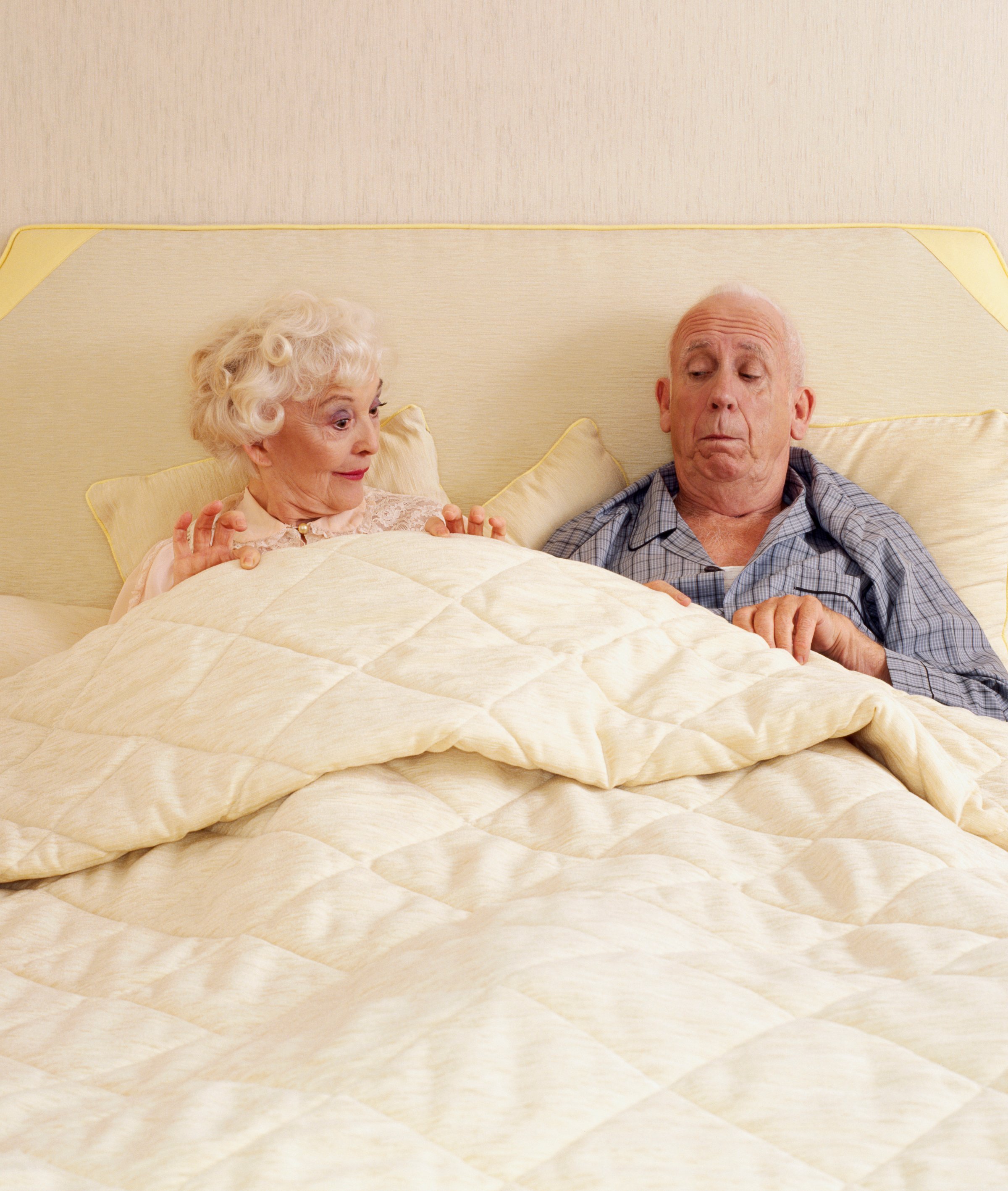
Hormones are generally at the center of any discussion about sex. At puberty, the surge in estrogen and testosterone is responsible for the emergence of a sex drive, launching the most fertile period in our lives, while at the other end, a decline in hormones means a waning libido.
But we shouldn’t be so quick to blame that change in hormones, at least in women, say researchers led by Dr. Tim Spector, professor of genetic epidemiology at King’s College, London.
In a report published in the Journal of Sexual Medicine, Spector and his colleagues studied four years’ worth of answers that women provided about their sexual health both before and after menopause. It’s the first study to analyze how various domains in sexuality, including desire, arousal, orgasm, satisfaction and pain, interact with each other and change over time.
They expected that sexual drive and problems with sexual function would increase with time and be higher among women after menopause. But the rate of sexual dysfunction over the four-year study period was about the same—22% to 23%—for both pre- and post-menopausal women. That suggests that menopause, which marks the end of a woman’s reproductive years and is biologically triggered by a decline in estrogen levels, isn’t as important a contributor to sexual issues as once thought.
“We were surprised by the results a little bit,” says Spector. “They suggest that menopause has been exaggerated as an excuse for everything.”
What’s more, the proportion of women reporting improvements in sexual function during the study also remained about the same in pre- and post-menopausal women, hinting that declines in things like desire or arousal can be reversed to a certain extent. “Women do see improvements in sexual functioning after menopause,” Spector says. “What that says is that you are not necessarily stuck” if you experience sexual dysfunction.
The best predictor of how your sex life will change, in fact, is where you start. Women reporting issues with desire, arousal or orgasm at the start of the study, for instance, were more likely to continue to have those issues at the end of the study. But, as the results show, where you start doesn’t have to dictate where you end up when it comes to sexual function. “By modifying your life and attitudes about sexual desire,” Spector says, “you can change things sometimes surprisingly for the better, although you are getting older.”
More Must-Reads from TIME
- Cybersecurity Experts Are Sounding the Alarm on DOGE
- Meet the 2025 Women of the Year
- The Harsh Truth About Disability Inclusion
- Why Do More Young Adults Have Cancer?
- Colman Domingo Leads With Radical Love
- How to Get Better at Doing Things Alone
- Michelle Zauner Stares Down the Darkness
Contact us at letters@time.com